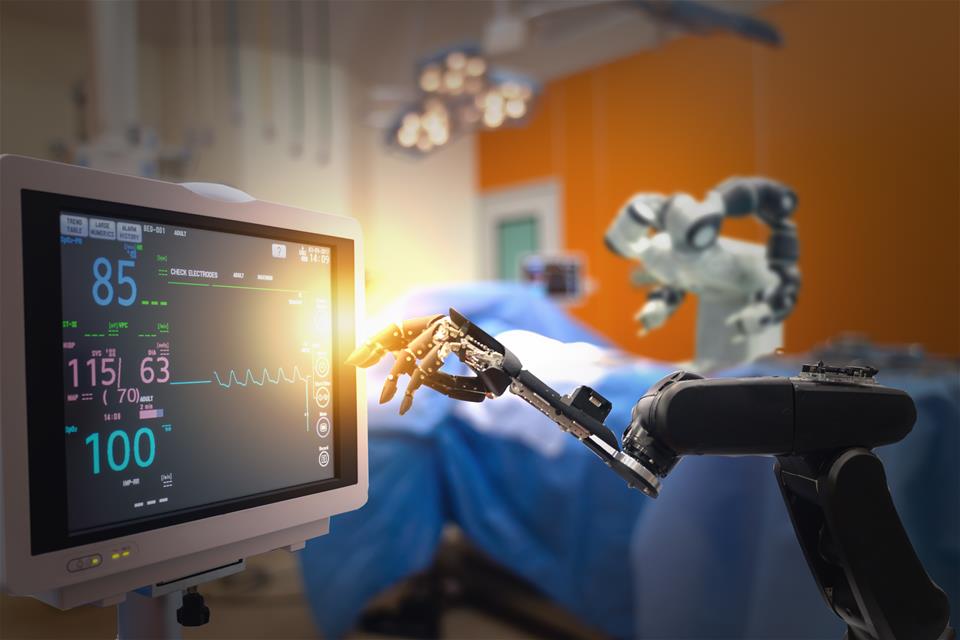
The medical technology (MedTech) industry remains resilient despite ever-present economic uncertainties.
Here is a summary of the factors and trends that has kept Singapore’s MedTech industry thriving.
A stronghold of Manufacturing
Global consulting firm McKinsey & Company foresees Asia “eclipsing” Europe as the second largest regional market after the United States. They also expect that Asia will be the major growth engine among global MedTech markets and contribute 35 percent of total incremental growth.
Singapore’s manufacturing outputs of MedTech products has grown from S$1.5 billion in 2000, to S$13.3 billion in 2018, according to preliminary figures.
Singapore has achieved this by serving as a regional manufacturing hub for the Industry. It currently hosts more than 60 multinational MedTech companies.
Becton Dickinson (BD) for example, marked its 30th anniversary of manufacturing in Singapore with the opening of an advanced moulding centre, its first in Asia. Built within BD’s primary facility in Tuas, it is one of the largest and most sophisticated plastic moulding plants in the world with an annual production of 75 billion units of plastic components.
In May 2019, PerkinElmer opened its largest instrument manufacturing facility in Singapore, housed at the JTC MedTech Hub
The life science instruments industry is a growing subsector which Singapore has established strong leadership positions in. They include key products such as next-generation sequencing platforms and mass spectrometers. Over 60 percent of the world’s microarrays and one third of the world’s thermal cyclers and mass spectrometers are made here.
Singapore - a hotbed for MedTech start-ups
Even as it rolls out the red carpet for multinationals, Singapore also nurtures homegrown enterprises through key initiatives such as SEEDS Capital and Diagnostics Development (DxD) Hub.
Since 2014, SEEDS Capital, the investment arm of Enterprise Singapore which identifies and catalyses the growth of high-potential Singapore based start-ups, has co-invested over S$90 million in more than 20 MedTech start-ups.
The DxD Hub is a national initiative led by Agency for Science, Technology and Research (A*STAR) which brings together clinicians, researchers, entrepreneurs and industry professionals onto a common platform to speed up the commercialisation of diagnostic technologies.
Since these two initiatives were launched, the number of Singapore based MedTech companies has spiked, from about 100 in 2014 to more than 250 in 2018, with strong focus on in-vitro diagnostics, cardiology and ophthalmology.
Today, Singapore is a veritable hotbed for MedTech as companies are leveraging artificial intelligence (AI), information technology (IT), big data and precision engineering to develop better devices and diagnostics to improve the wellbeing of patients
Notable Singapore-based MedTech companies
Lucence Diagnostics, a spin-off from A*STAR, is aiming to reduce avoidable cancer deaths through early detection using liquid biopsy. Unlike conventional tissue biopsy which requires tissue removal from the body, Lucence’s liquid biopsy tests are non-invasive, fast and affordable.
The company’s latest flagship blood test, LiquidHALLMARK® can detect 14 types of cancers, 50 genetic mutations and 2 viruses with a single blood test using its proprietary amplicon-based sequencing technology AmpliMARK™.

Tricog uses AI to provide patients with quick diagnosis for their heart condition. An electrocardiography (ECG) machine will record, encrypt and send a patient’s results to the cloud. There a machine-learning algorithm interprets the data and forms a diagnosis, all in six minutes.
Ayzer Sense has developed the Smart Automated Body-Pressure Redistributor (SABPR). It is a low cost, specialised mattress overlay meant to prevent the development of bedsores common amongst patients who are confined to bed for extended periods.
Fostering collaboration
Increasingly, innovation in MedTech will require greater collaboration among key stakeholders - companies, universities as well as governments. This feeds into Singapore’s strengths.
The collaboration between GE Healthcare and A*STAR is a fine example. As part of the collaboration, the two partners are developing digital solutions, including a diagnostic imaging system for Parkinson’s Disease and advanced capabilities for surgery motion tracking. GE Healthcare brings to the table its expertise in medical and information technology while A*Star provides proficiency in data analytics and high-performance computing.
In July 2019, a new national Health Technologies Consortium (HealthTEC) was set up to enhance collaboration within the eco-system and foster innovation.
HealthTEC encourages industry-academia interactions through regular networking sessions, workshops, roundtable discussions and scientific symposia. It acts as a national resource in R&D and commercialisation by providing seed grants and facilitating licensing of locally developed technologies.
The consortium will partner companies of all sizes based in Singapore, from start-ups to multinational companies. Companies that have joined the consortium as founding industry members include Roceso Technologies, Tip Biosystems, ST Engineering and Ferrero Asia Pacific.
Advanced MedTech Holdings, the largest medical device manufacturer in South-east Asia, is fostering collaboration within the group.
Driven by megatrends, the MedTech industry is continuing to expand across Asia. With its strong research base, clustering of healthcare innovation activities and deep manufacturing capabilities, Singapore is ideally placed to harness the region’s growth opportunities.
The Singapore MedTech Directory is a comprehensive directory of MedTech companies, covering the manufacturers and suppliers of medical and diagnostic devices, engineering and components suppliers, research organisations, institutions and other relevant supporting industries.
Click to view our eDirectory or visit
https://www.singaporemedtech.com/